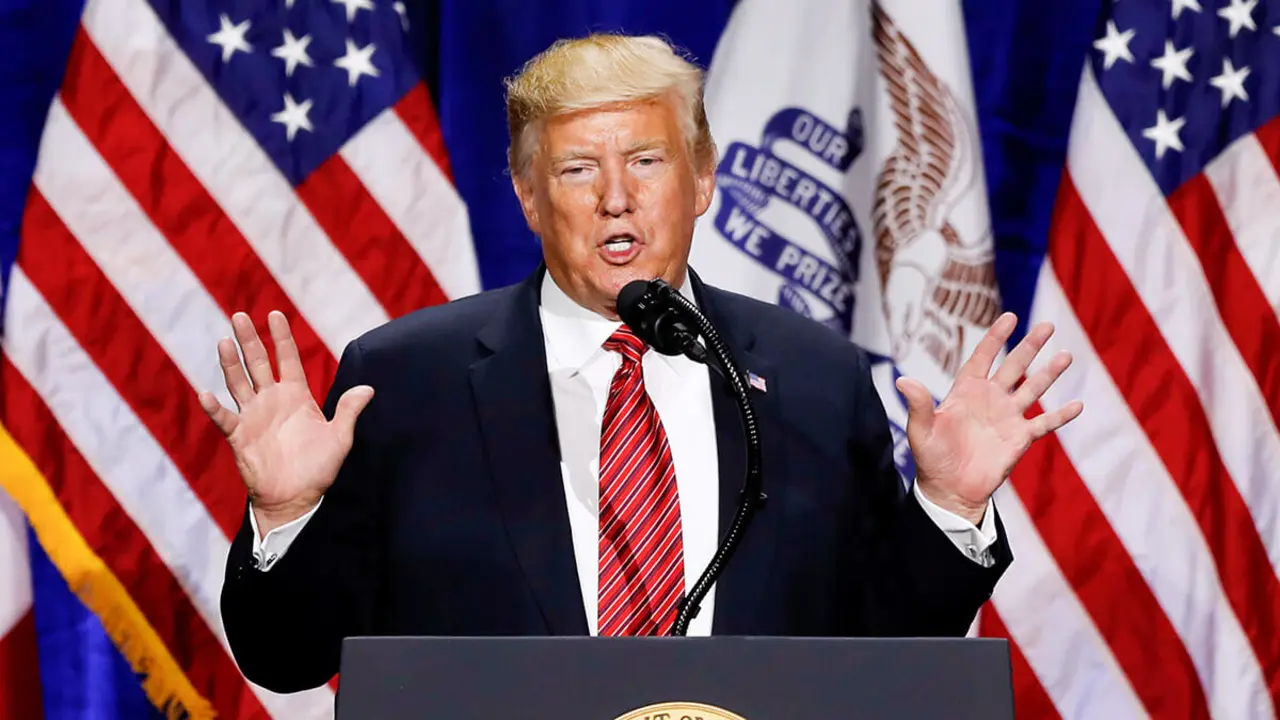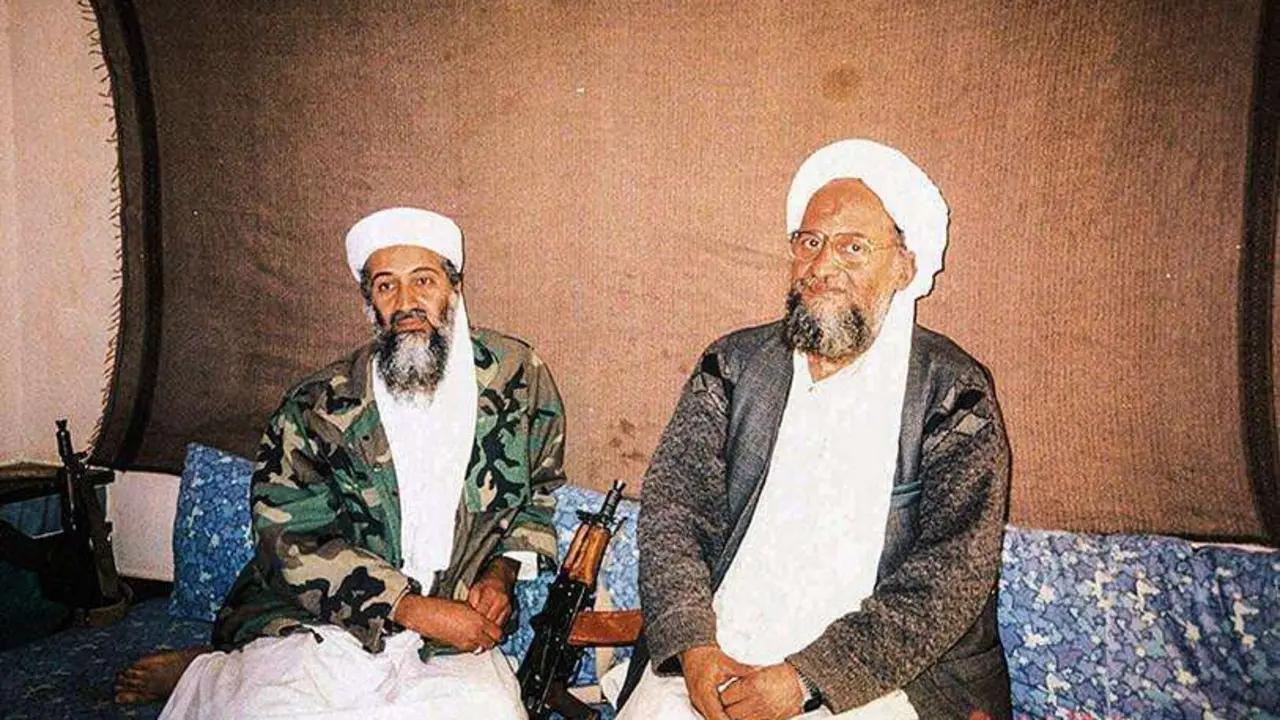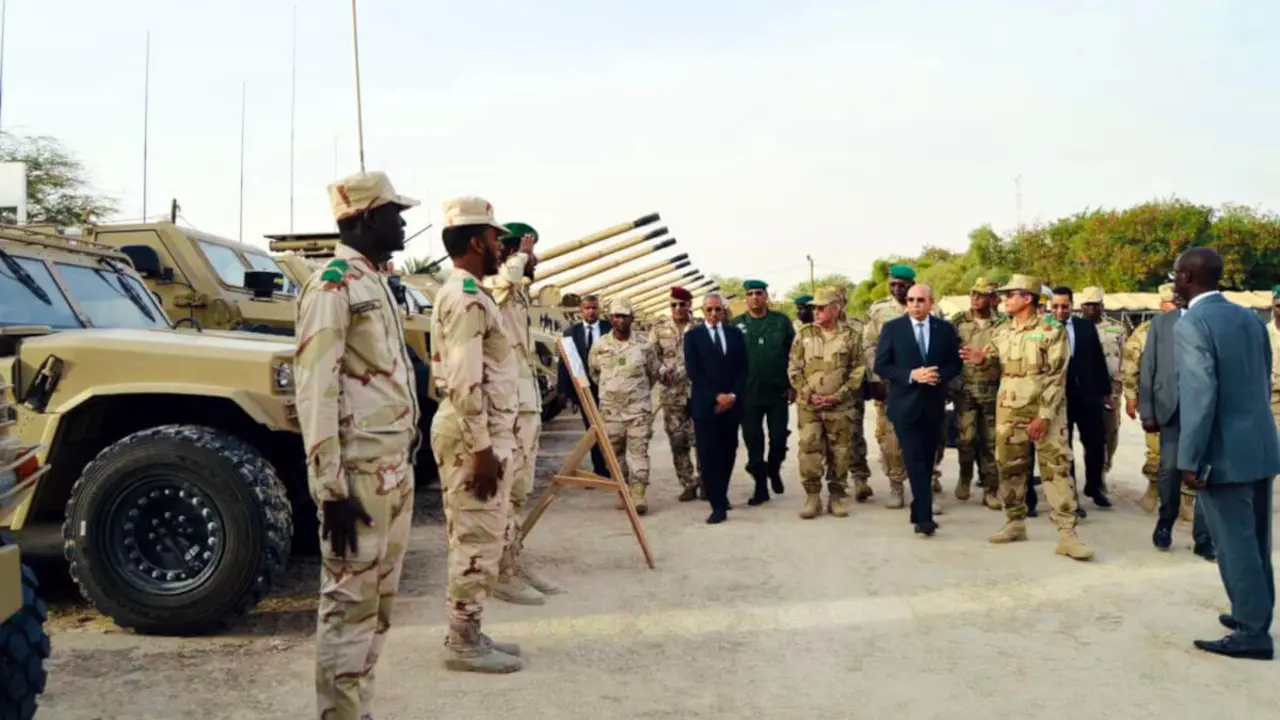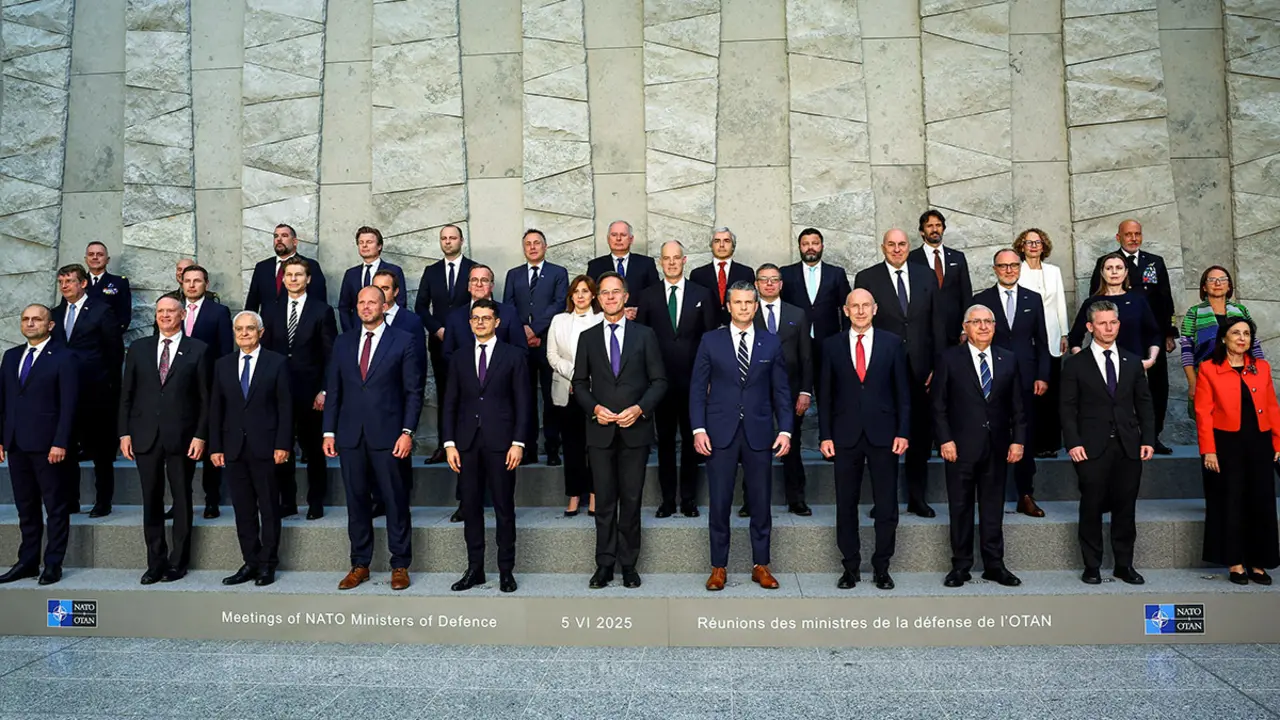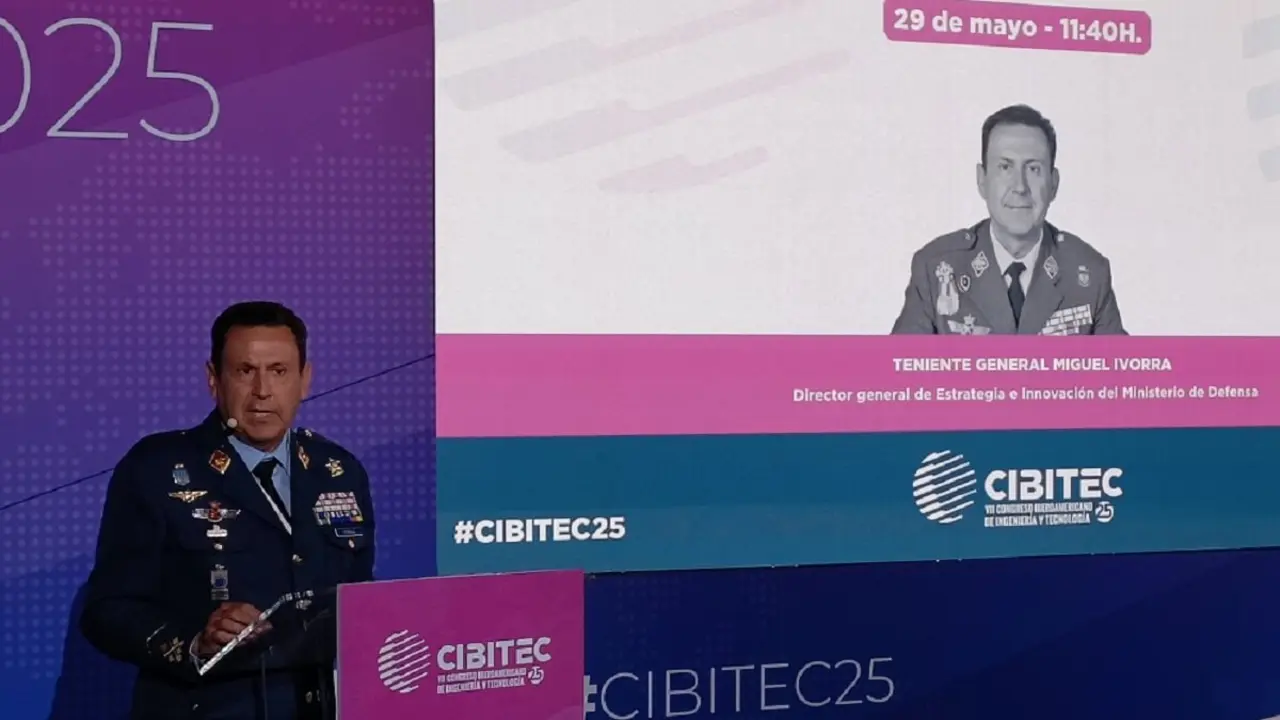Buenos Aires will file a legal challenge against the national government's confinement measures
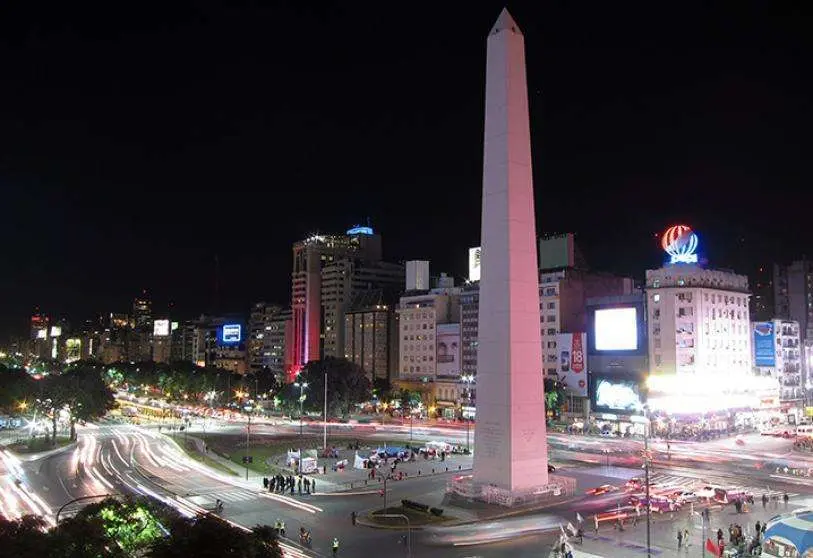
Argentina will enter into a judicial controversy as the mayor of the city of Buenos Aires, Horacio Rodríguez Larreta, opposes entering into the new measures imposed by the national government. "We totally reject any participation of the army and federal forces in the streets of the city," said the mayor.These new measures imposed by the Casa Rosada include a night-time curfew, the use of police forces to force compliance with the law and assistance by the army to provide health care, against which Rodríguez Larreta will impose a judicial appeal.
The new limitations are a curfew between 8 p.m. and 6 a.m., no driving in the city of Buenos Aires and within its metropolitan area. Schools in the area will have to close for two weeks, starting this Monday 19 April. Recreational, educational and religious activities that have a closed space will not be able to take place. Argentina is currently registering a high incidence of positive cases of COVID-19, and in just one week there have been record numbers of cases accumulating in Intensive Care Units (ICUs).
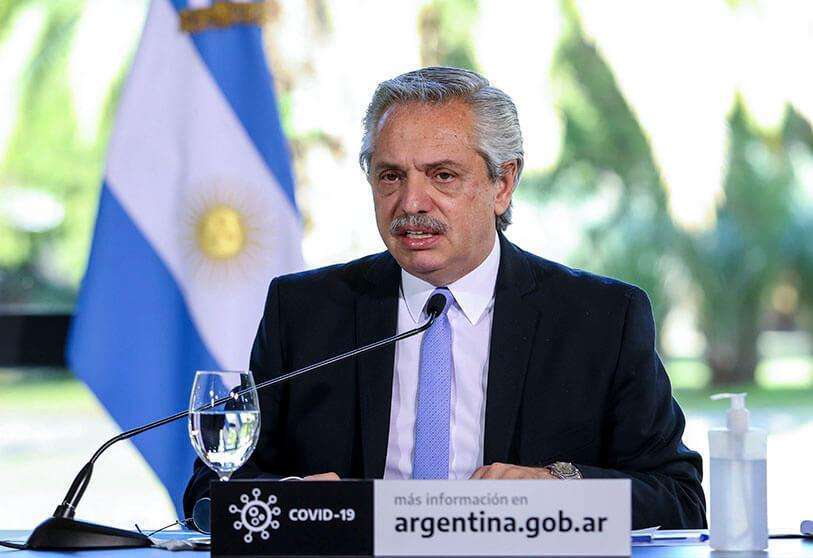
President Fernández described the new measures as important in order not to halt the vaccination process, "imperative to ensure that the vaccination process is not halted and that the health system is not saturated. The problem is not only the night, it is the individual carelessness of each one of us," said the president. Commercial establishments will be able to remain open from midday to late afternoon, such as bars and restaurants, and will be able to have take-away food service in the evening hours. Fernández said he would deploy police forces on the country's streets to enforce the limitations, and the army would also be allowed on public roads to provide health care.
Mayor Rodríguez Larreta could be a presidential candidate for the 2023 elections, for the political platform Juntos por el Cambio (Together for Change), the political party of former president Mauricio Macri, a direct rival of current president Alberto Fernández. Rodríguez reacted against the executive's decisions, saying that these decisions were not made according to scientific experts, "all the decisions we make in the city are made on the basis of evidence. We do not go by anecdotes, images or comments. It is incomprehensible that a president does not dialogue with a head of government or with the governors," said the mayor of the city of Buenos Aires. The decision was a surprise to the whole nation, as hours before the declaration, the Minister of Health and Education had said that classes should not be suspended. According to Rodríguez Larreta, schools should not be closed on a classroom basis, "of the 700,000 people who go to school (in the city of Buenos Aires) less than 1% were infected," said the mayor.

Alberto Fernández's popularity has declined in recent months, GDP has fallen by 10% during 2020, in a country where 42% of the population belongs to the lower classes, and 10% of the population is indigent. The vaccination plan has several delays, only 2% of the population has received the two doses of vaccines, by this weekend 800,000 vaccines are expected to arrive. Displeasure was felt in the evening after the president's announcements, the city of Buenos Aires erupted in a "cacerolazo" and a demonstration in front of the Olivos, the presidential residence.
President Fernández tweeted: "The health system has also relaxed. At a time when contagions were decreasing, they opened doors to attend to other types of surgical needs that could wait, but they thought it was opportune to treat them now and, thus, the private system accumulated a number of used beds that today may be very necessary to attend to COVID". This tweet led to a barrage of criticism on social media.
Latin America Coordinator: José Antonio Sierra.


